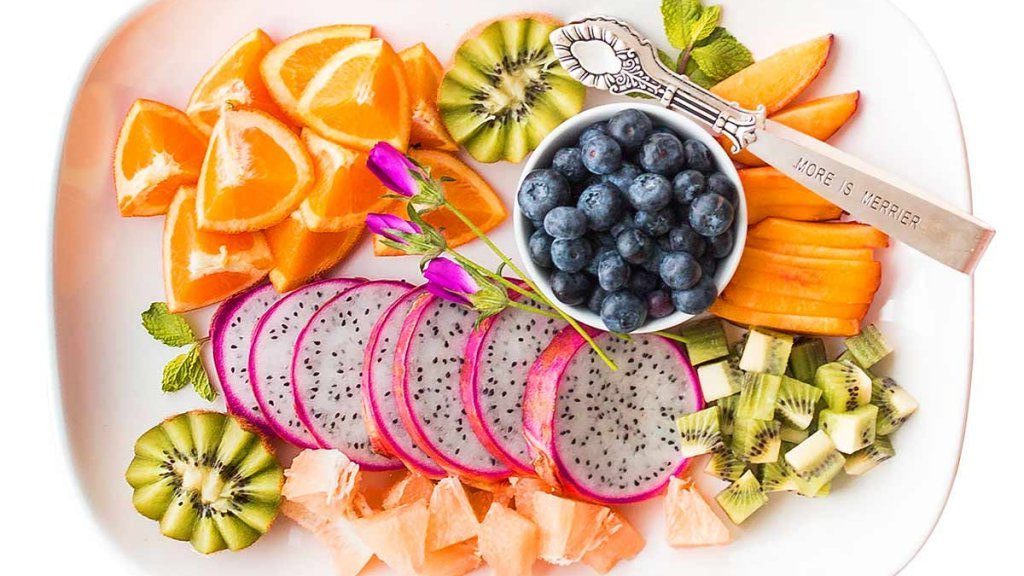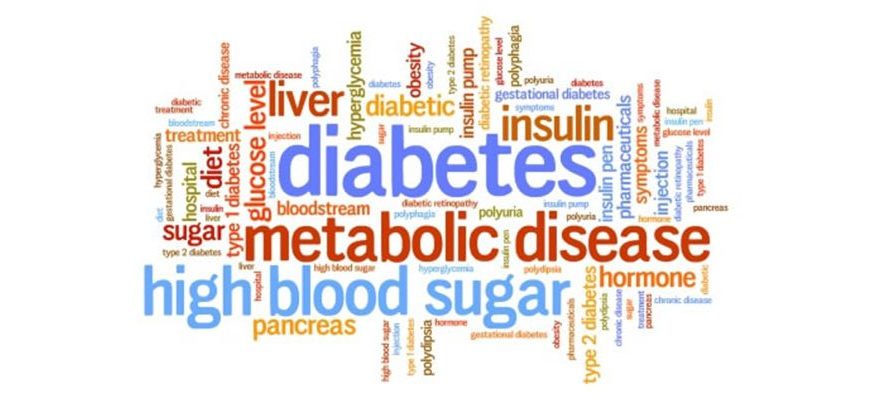Wherever you are health-wise, it hasn’t happened by accident, isn’t some sort of cruel punishment or divine gift, and so on. It’s the culmination of a lifetime of effort and choices. Everything you’ve eaten or drank—or not—every bit of exercise and lazy day all add up to the present you, for better or worse.
This is why we want you to stop and think about the basics of healthcare. What you do every day matters. We want to motivate you to “Do Your Daily.” This includes daily hygiene, like bathing, your diet, and even what you do to prevent illness and disease.
Doing Your Daily when it comes to nutrition doesn’t have to an insanely long list of choices. While the possibilities and options are vast, you can narrow it down to one thing: digestion. Do Your Daily by eating more raw food and chewing thoroughly, and when you eat cooked or processed foods, supplement your digestive enzymes back in. These three things will significantly improve your digestion, which will in turn significantly improve your health.
If you’re new to OHS, then digestion is probably a new concept. But if you’ve been around a while, you understand it’s importance. New to OHS or not, the importance of proper digestion cannot be overstated.
Optimal health begins not only with what we eat, but also how we digest it. In fact, you could say that digestion is more important than your food choices, but the problem with that logic would be the nutrients—or lack thereof—in your food choices. So, even if you thoroughly digest unhealthy food choices, your health will diminish and you’ll more than likely develop disease.
Indigestion almost always occurs from eating cooked and processed food, or not chewing raw food well enough to release their natural digestive enzymes. Wolfing your food down puts extra strain on your gut and traps precious enzymes where your digestive system can’t get to them in time to thoroughly break food down into usable nutrients.
The key players in digestion are enzymes. They are minute protein molecules naturally found in foods we eat. The catch is they’re contained only in raw, unprocessed foods. Anything cooked over 118º F destroys digestive enzymes. These protein molecules are catalysts that make possible the chemical reactions that digest our food and break it down to useable, absorbable nutrients. Enzymes are the life force that is found in foods and then transferred to our bodies to keep every system functioning optimally.
Bearing the cooking process in mind, that’s why raw foods are your cornucopia of digestive enzymes, vitamins, minerals, and antioxidants. It takes strain off your body’s demand for enzymes to thoroughly digest food, saves nutrients that are intended to fuel other biological processes, and promotes optimal health.
So, back to digestion.
Digestion covers the basics of nutrition. If you don’t properly digest food, you experience a range of symptoms, ranging from things as basic as indigestion, food intolerances, allergies, and skin problems, to far more severe consequences, like cancer, premature aging, and over 50 diseases. To put it simply: digestion breaks food into molecules your cells can use. When food doesn’t get broken down into manageable pieces, health problems crop up, like gas, bloating, acid reflux, and even diabetes.
Early Warning Signs of Enzyme Deficiency
You might be surprised to learn that indigestion is your first clue that your body is lacking in digestive enzymes. Gas, heartburn, bloating, excessive burping, upset stomach, diarrhea—any symptom you’d normally address with an antacid or acid blocker are all warning signs you’re not digesting your food properly. You’re not antacid or acid-blocker deficient; you’re enzyme deficient.
The last thing you want is to halt the digestive process. This vicious cycle manifests as other health problems over time, like weight gain, difficulty losing weight, frequent sickness, and premature aging as your body slowly runs out of alternate ways to break down food into useable molecules. Eventually, you become unable to digest certain foods at all and develop food allergies.
Your supply of enzymes is like a cell phone battery. You can use enzymes like you do your battery to the point where you run out and need to recharge. If you don’t recharge your phone’s battery, it dies. If you don’t recharge your supply of enzymes, you die. However, unlike your phone, it’s permanent. There are things you can do on your phone to speed up battery usage, and there are dietary habits that create the same demand on your enzyme supply. The reverse is also the same for both. For humans, that means eating raw fruits and vegetables—the key word here is raw.
Late Warning Signs of Enzyme Deficiency
You know you’ve had a serious digestive enzyme deficiency for a while once you’ve developed an autoimmune disease. Now, most people think we’re talking about vague, rare things with crazy names you have a hard time pronouncing. The truth is autoimmune diseases are things as common as arthritis and diabetes.
Arthritis can develop due to undigested proteins gathering in joints. Your body recognizes there’s something up in your joints but the molecular structure between the proteins and your cartilage have become too hard for your body to tell the two apart, so it indiscriminately attacks both the proteins and your own body tissue. Same goes with diabetes. Undigested proteins mimic pancreas tissue. Your body senses your insulin is out of whack and sends white blood cells out to go fix things. Once again, indiscriminate destruction occurs and your body can no longer regulate insulin levels on its own.
And just think: all these health issues stem from what you eat, followed by what you’re not digesting properly. So, Do Your Daily and make sure you digest ALL your food properly.




